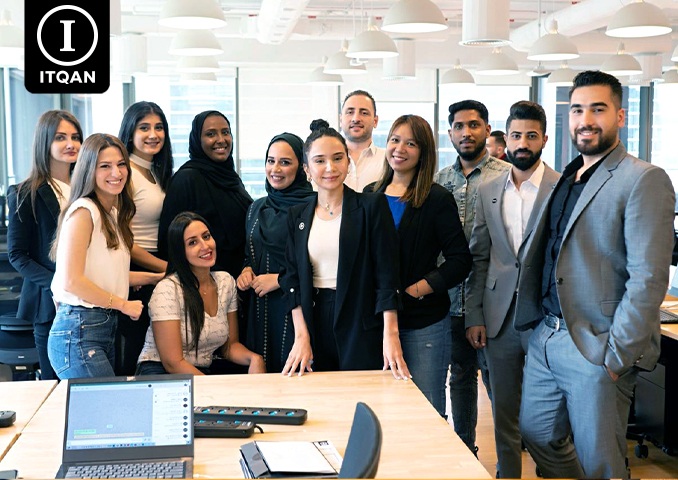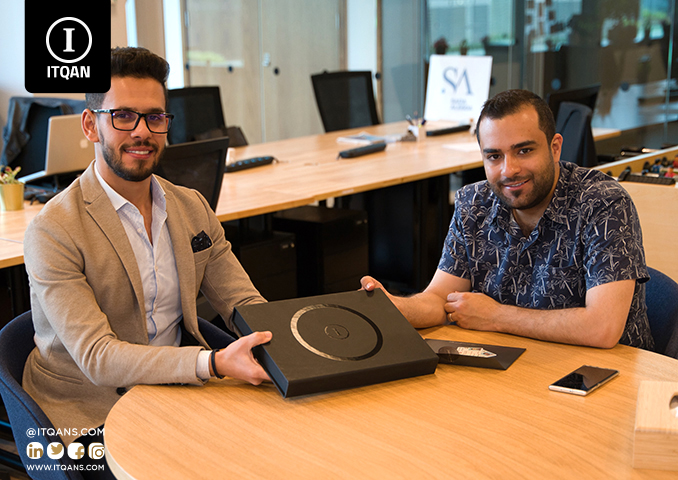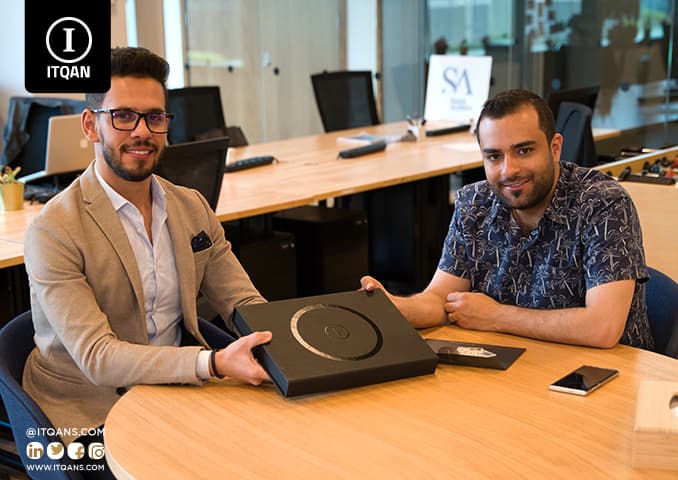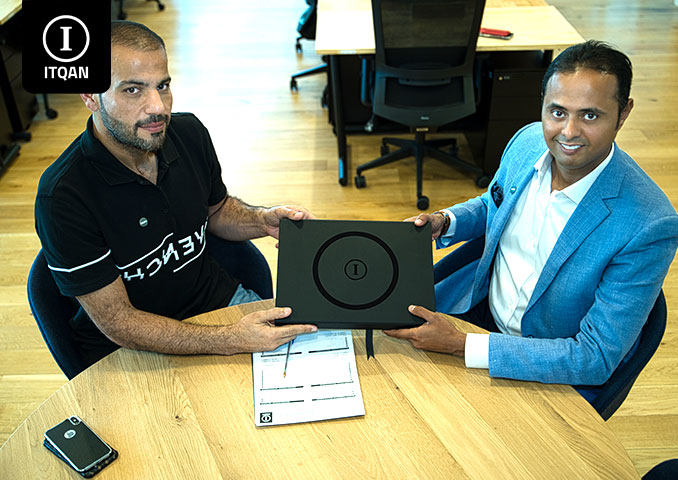Dubai’s free zones have become a favorite destination for many entrepreneurs and startups, due to the broad investment opportunities and advanced infrastructure they provide. Setting up a company involves several aspects, one of which is the cost of setting up a company in Dubai Free Zone that the entrepreneur has to bear.
Establishment costs vary based on the type of company and the sector in which it operates. These costs include licensing and registration costs, legal costs, administrative and rental costs for the office, in addition to the required capital and expenses related to health and social insurance for employees.
Dubai’s free zones are attractive due to extended tax exemption periods and customs facilities, which help reduce operating costs and increase competitiveness. Moreover, there is availability of qualified human resources and advanced technology that supports the rapid growth of startups.
In addition to the financial aspects, the entrepreneur must also take into account the legal and regulatory aspects related to establishing the company in a free zone , to ensure that he adheres to local laws and avoids potential problems in the future.

جدول المحتوى
ToggleEstablishing a company in the Dubai Free Zone
Establishing a company in a Dubai Free Zone is an important strategic step for investors seeking to benefit from global opportunities. Dubai Free Zone is characterized by an advanced and encouraging business environment, as it provides great facilities for new and medium companies. Investors in Dubai enjoy many benefits such as full tax exemptions on income and capital, and modern legislation that supports freedom of work and trade. In addition, Dubai provides advanced infrastructure and excellent logistical services that contribute to accelerating companies’ operations and enhancing their operational effectiveness. Thanks to these investments, Dubai is a preferred destination for businesses globally, where companies can benefit from accessing regional and international markets efficiently and with competitive set-up costs.
Steps to establish a company in the Dubai Free Zone
To establish a company in a Dubai free zone , you must follow a number of basic steps. Here is a general plan of the required actions:
- Choosing the type of company: The investor must select the type of company he wishes to establish, such as a limited liability company (LLC), sole proprietorship, or sole proprietorship.
- Location selection: Determine the appropriate free zone in Dubai to establish the company, taking into account the requirements of the business activity and the available facilities.
- Submitting the application: Submitting an application to obtain a business license and establishing the company to the competent authorities in the free zone. Required documents such as filled out forms, passport, and personal photo must be submitted.
- Obtaining approvals: Once the application is submitted, it is reviewed by the relevant authorities and the necessary approvals are obtained from regulatory and governmental authorities.
- Signing contracts and agreements: After approval, the necessary contracts are signed, such as lease contracts, incorporation agreements, and the company’s articles of association.
- Tax Registration: The company must be registered with the tax authorities in Dubai and obtain a tax number if necessary based on the type of activity and expected revenues.
- Opening a bank account: Opening a bank account in the name of the company to manage the company’s financial operations.
- Obtaining the necessary permits: Obtaining the necessary permits and licenses to practice commercial activity in the free zone, such as municipal permits and environmental permits if necessary.
- Starting a Business: After completing all previous procedures, you can start doing business in the Dubai Free Zone.
The cost of establishing a company in the Dubai Free Zone
The costs of establishing a company in a free zone in Dubai vary depending on the type of company and business activity chosen, but it is possible to provide a general estimate of the costs that may be included. Here are some key points to take into consideration:
- Company establishment fees: These fees include registration and establishment fees for the Department of Economic Development or the competent authority in the free zone.
- Legal consulting costs: You may require the services of a legal advisor to assist in preparing legal documents and ensuring compliance with local laws and legislation.
- Rental fees: Establishing a company requires a rental contract for an office in the free zone, and rental costs depend on the size of the space and location within the free zone.
- Annual License Fee: After obtaining a business license, there may be an annual fee to renew the license.
- Logistics costs: such as postal services, visas, and other administrative services that the company may need.
- Bank account establishment costs: There may be fees for opening a business bank account for the company.
- Health insurance and social security costs: The company may require employees to provide health insurance and adhere to social security according to local regulations.
- Additional service costs: such as tax and accounting consulting services that the company may need to comply with tax and financial legislation.
Documents required to establish a company in the Dubai Free Zone
To establish a company in the Dubai Free Zone , the documents required usually vary based on the type of company and the planned business activity. However, here is a list of basic documents that are usually required:
- Establishment application form: It contains company details such as its name, type, proposed business activity, and the address of the company’s headquarters in the free zone.
- Passport copies of shareholders: Passport copies of each of the company’s foreign shareholders are required.
- A copy of the General Manager’s residency (if necessary): If the General Manager is not a UAE citizen, a copy of his Emirati residency must be submitted.
- Memorandum of Association: A document that defines the company’s structure, objectives, type, and shareholders’ rights and obligations.
- Lease Agreement: The lease agreement for the office or commercial space in the free zone where the company will be established.
- Initial financial report: Some types of companies need to submit an initial financial report showing capital and its sources.
- Power of Attorney: If there is a representative undertaking the establishment of the company on behalf of the shareholders, an approved legal power of attorney must be presented.
- Commercial License Application Form: Used for the official application to obtain a commercial license from the local authorities in the free zone.
- Proof of Fee Payment Document: The required incorporation and registration fees must be paid, and this document must be available as proof of payment.
- Health insurance and social security form (if necessary): Some types of companies require registration for health insurance and social security for employees.
Permits required to establish a company in the Dubai Free Zone
To establish a company in a Dubai Free Zone, you may need to obtain a number of permits and licences, which may vary depending on the type of company and its proposed activity. Here are some common permits that may be required:
- Business License: This license is essential for starting a business in Dubai. The license determines the type of activity that the company can practice.
- Free Zone Company License: Establishing a company requires an official license from the free zone of your choice.
- Building and planning permit: If a company needs an office or production space, it may need a building permit from local authorities.
- Municipal and environmental permits: Local authorities may require municipal or environmental permits depending on the type and location of the activity.
- Occupational safety and health permits: These permits can include occupational safety and health requirements for company workers.
- Special permits for professional services: If the company provides professional services such as engineering or medical consulting, it may need special permits.
- Immigration and work permits: If the company plans to hire foreign employees, it will be necessary to obtain immigration and work permits for them.
- Financial Services License: If the company provides financial services such as insurance or investment, it may need a special license.
Advantages of establishing a company in the Dubai Free Zone
Establishing a company in a Dubai Free Zone provides investors with many competitive advantages and opportunities, including:
- Tax exemptions: Companies in Dubai free zones enjoy complete exemption from taxes on income and capital for a period of up to 50 years, which helps to significantly reduce operational costs.
- Full foreign ownership: Foreign investors can obtain 100% ownership of their companies in the free zone without the need for a local partner.
- Simple registration and transaction procedures: Dubai free zones provide simple and quick company establishment procedures, which helps start businesses in an immediate and orderly manner.
- Advanced infrastructure: Dubai has an advanced infrastructure that fully supports business, including modern transportation, communications and logistics facilities.
- Easy access to global markets: Dubai provides an excellent strategic location that facilitates access to regional and international markets, making it an ideal base for global expansion and growth for companies.
- Business facilities and facilities: Dubai free zones provide many facilities for companies such as ready-made offices, co-working spaces, and advanced logistics services, which helps businesses operate more efficiently.
- Modern laws and supportive legislation: Dubai provides an advanced and flexible legal and regulatory environment that supports freedom of work and investment, which attracts international investors.
In conclusion, an analysis of the costs of setting up a company in a Dubai free zone shows that investing in this opportunity can be worthwhile for international and local investors alike. These costs include expenses related to licenses, consulting services, and rents, in addition to the available tax benefits and ease of dealing that the free zone provides. In addition, Dubai offers its advanced infrastructure and flexible laws, which enhances the attractiveness of the place as a major destination for business globally. However, investors should carefully study the market and consider all economic and legal factors before making any final decision to invest in this exciting opportunity.
The most important frequently asked questions about establishing a company in the Dubai Free Zone
What is the free zone in Dubai?
Dubai’s free zones are special zones that provide an encouraging investment environment thanks to tax exemptions and advanced commercial and logistical facilities.
What types of companies can be established in the free zone?
Multiple types of companies such as limited liability companies, foreign branches, free trade companies, multinational corporations, and more can be established depending on the type of free zone and local policies.
Can foreign companies establish branches in the free zone?
Yes, foreign companies can establish branches or subsidiaries in the Dubai Free Zone in accordance with local legislation and the terms of the relevant free zone.
What tax exemptions are available in the free zone?
Companies in the free zone enjoy exemptions from income taxes and customs duties, which helps achieve greater profitability and competitiveness.
Can companies in the free zone deal with the local market?
Yes, some free zones allow companies to deal with the local market on a limited basis or with the presence of a local partner.

















